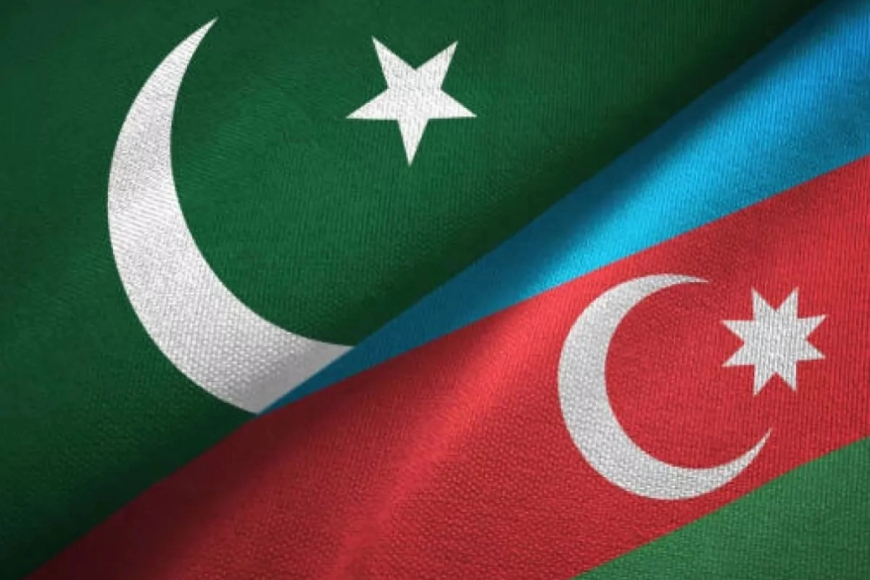Pakistan May Import 300,000 Tons of Sugar from Azerbaijan
Pakistan is poised to strike a government-to-government (G2G) sugar deal with Azerbaijan, potentially importing up to 300,000 metric tons of sugar to stabilize domestic prices and offset local supply shortfalls. A deal for 200,000 tons has already been finalized, with the first shipment expected in early September.

Pakistan is poised to strike a government-to-government (G2G) sugar deal with Azerbaijan, potentially importing up to 300,000 metric tons of sugar to stabilize domestic prices and offset local supply shortfalls. A deal for 200,000 tons has already been finalized, with the first shipment expected in early September.
-
Deal Type: Government-to-Government (G2G) sugar import from Azerbaijan
-
Quantity Under Negotiation: Up to 300,000 metric tons
-
Confirmed Shipment: 200,000 tons expected in early September
-
Financing Concerns: Possible high subsidies (reported over Rs. 30/kg) could risk Pakistan’s $7 billion IMF program
Bridging Domestic Supply Gaps
-
Surveys show that domestic sugar production fell to 5.8 million tons, while demand remained high at 6.3 million tons. The disparity—over 500,000 tons—has pressured markets.
-
Exports earlier in FY25 drained reserves, causing shortages and price spikes
Price Stabilization and Relief
-
Importing sugar from Azerbaijan adds short-term relief, potentially curbing inflation and offering consumers respite.
-
However, concerns over excessive subsidies—and their sustainability—loom large, especially under IMF scrutiny.
Strategic Partnership Highlight
-
Pakistan and Azerbaijan share a strategic partnership, with deepening ties in energy, infrastructure, and now agriculture. Azerbaijan’s recent reaffirmation of infrastructure investments and LNG cooperation underscores this bond
-
A successful G2G agreement could strengthen bilateral ties further and encourage collaboration in other sectors.
-
Transparency Concerns: The lack of clarity around subsidy levels and final cost raises red flags, particularly with IMF monitoring.
-
Industry Trust Deficit: Past contradictions—exporting at record levels and then importing heavily—undermine confidence in state policy.
-
Structural Underpinnings: The sugar industry in Pakistan remains linked to political patronage, with families wielding considerable control—raising concerns over fair distribution of benefits.
Short-Term Gains
-
Leverages Azerbaijan’s sugar supply to stabilize local markets.
-
Reinforces diplomatic goodwill and opens new trade channels.
Long-Term Vision
-
May prompt reforms for sustainable domestic production and governance of the sugar trade.
-
Encourages further diversification and cooperation in key sectors like energy and agriculture with Azerbaijan.
Pakistan's potential sugar import deal with Azerbaijan marks a pivotal moment in ongoing efforts to balance domestic supply and demand. It also reflects Pakistan's growing engagement in strategic trade partnerships. While the short-term benefits are clear, moving forward, it’s critical to address structural inefficiencies, ensure transparency, and develop sustainable domestic policies to avoid similar crises.

 Ateeq Ur Rehman
Ateeq Ur Rehman